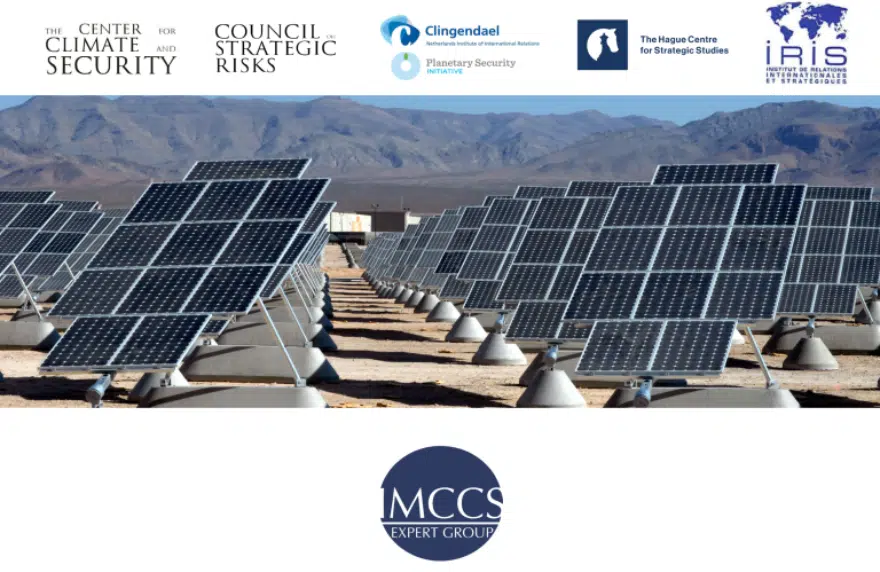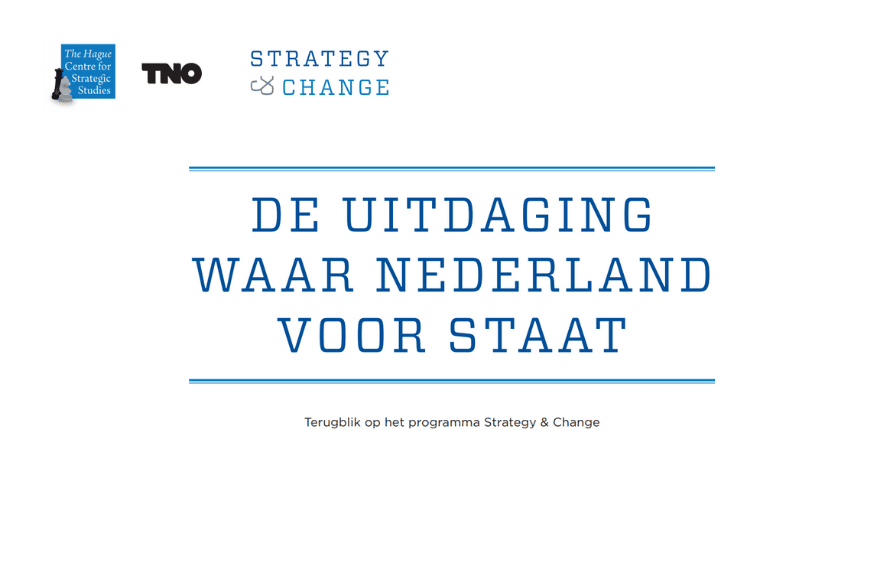Research
Something is very wrong with the world. We are living in a time where governments are palpably failing to govern, the world economy is suffering from the worst recession since World War II, business is demonstrably unable to create wealth but instead ravenously consumes it, and warriors are fighting conflicts without end and seemingly without point. It is not too much to say that there is ample practical evidence that confirm the existence of a fundamental crisis of (democratic) legitimacy for current governments and major business and intellectual elites, especially in the West.
This crisis is occurring against the backdrop of accelerating, profound and irreversible shifts in the global balance of power and economics, surging demands for scarce resources, and revolutionary developments in the fields of science and technology, which combine to drastically and rapidly undermine the stability of the old geopolitical and economic world order; but as of yet there is no clear understanding of how these forces interact, let alone a coherent vision that illuminates the road ahead and enables us to leapfrog our way out of this systemic crisis.
We are indeed watching a rapidly changing geopolitical landscape unfolding before our eyes, marking the end of the Pax Americana, but as of yet without the contours of a potential Pax Pacifica in sight. There will be no return to business-as-usual, something that is taken for granted by the newcomers, but is largely ignored by the old garde. It is therefore fair to say that at the beginning of the third Millennium, humanity finds itself at an epochal tipping point. It is our unapologetically ambitious effort to connect the seemingly unrelated dots that define the new world we live in, with the root problem lying underneath; the fundamental failure to conceive what the new multipolar era will actually look like, and then devise policies that allow us to survive and thrive in this uncharted territory.
The Strategy & Change Programme, will attempt to point out what the contours of our new multipolar map actually looks like at this vital level, the crucial first step to devising policies that proactively get ahead of the intellectual curve in this strange new world. Five fundamental pillars characterise our approach, which we present here as general recommendations, specifically to those public policymakers and business executives that find themselves at the steering wheel amidst these times of change:
• We need to first and foremost connect the dots and regain the big picture before even discussing possible policy options.
• We should make a habit of avoiding intellectual stovepiping, and instead try to make a priority of talking to different stakeholders.
• We must move beyond the general herd mentality that has characterized the last. This means that we must talk bravely and forthrightly about possible disasters to come as well as seeing that creative opportunities that exist, matching the peril.
• We must prepare for the era of and broaden our views of potential alliance partners to incorporate the world beyond the Transatlantic relationship.
• We must again learn to calmly talk about the unthinkable, or it will be visited upon us time and again.






